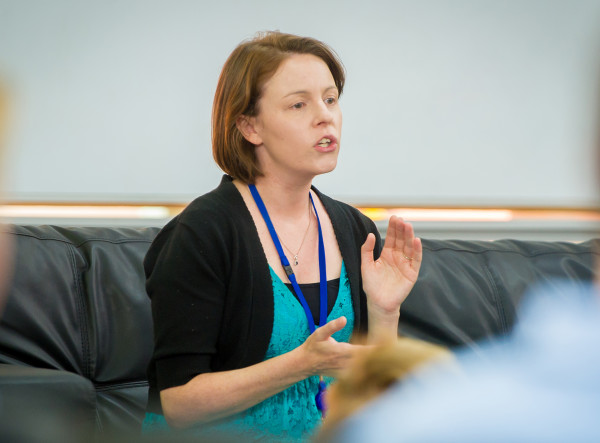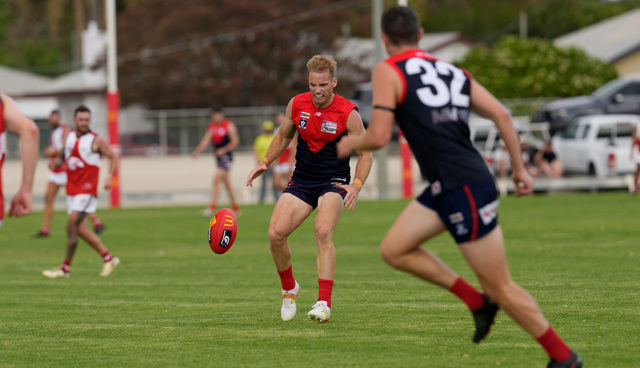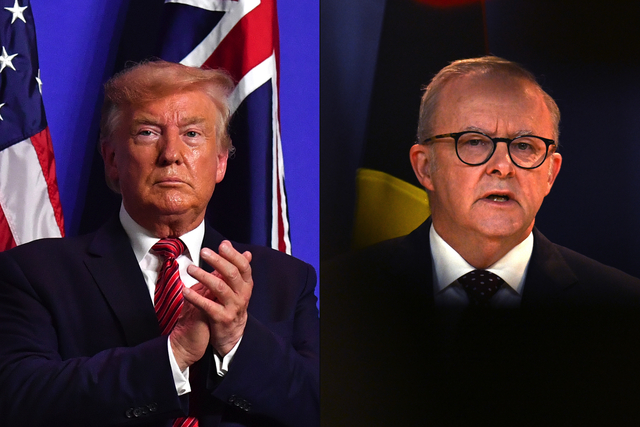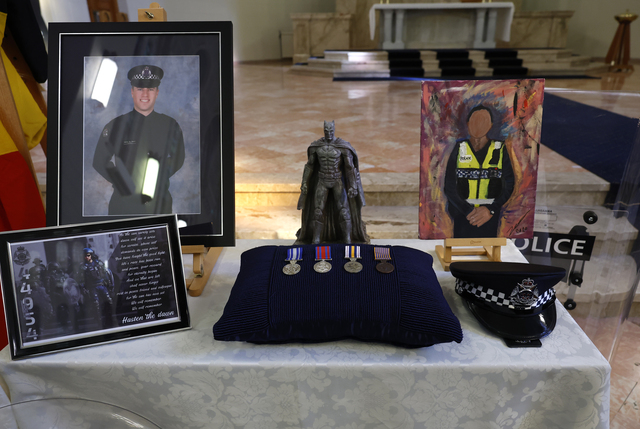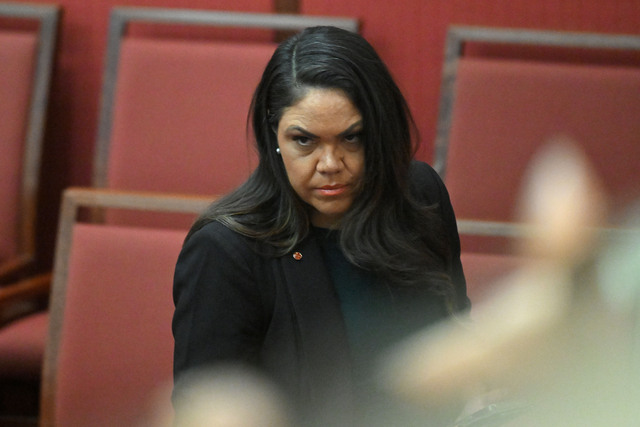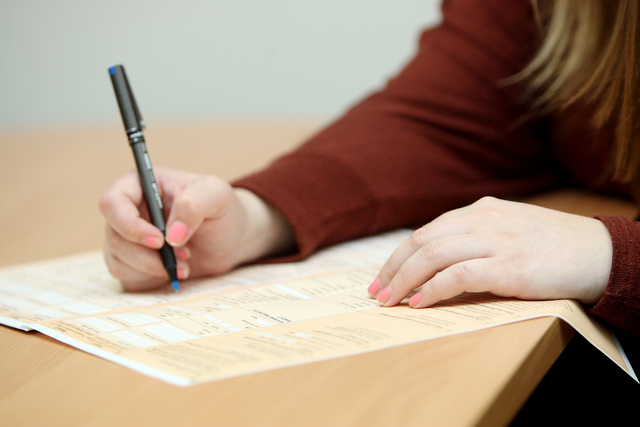VICTORIAN Government failings that led to a second “avoidable” wave of the COVID-19 pandemic have left the Mildura community fractured, panicked and distrustful, State Parliament has been told.
Member for Mildura Ali Cupper said residents in the Mildura municipality had willingly made sacrifices during the first wave of the virus for the sake of the entire state, only to be let down by the government.
In opposing a proposed six-month extension to Victoria’s state of emergency declaration, Ms Cupper said the Mildura community was in no mood to co-operate with the government until it restored a “gaping trust deficit”.
She said the only way to restore people’s faith in the government was to ultimately make all Victorians safe again.
“The second wave was a different beast, in many ways,” Ms Cupper told Parliament on Friday.
“Unlike the first wave, the second wave felt avoidable … therefore the restrictions felt avoidable … the border closures felt avoidable,” she said.
“This made it much harder to bear — the cracks in community trust opened up.
“The consequences have not been insignificant … the impact of the second wave on my community deserves to be known.”
Ms Cupper said the Mildura community willingly stayed the course to comply with rules during the first wave of the pandemic due to a trust that the government “had our backs”.
“Our community complied — it accepted the state of emergency,” Ms Cupper said.
“It accepted the sweeping powers it gave, it accepted the democratic checks it took away, it accepted cancellations of parliament, it accepted my decisions not to attend,” she said.
“It wasn’t easy — the longer the restrictions, the harder the task.
“The first wave ended just in time, with trust intact … because the numbers showed the government had done a good job.
“And trust intact, because of a strong sense that the first wave was unavoidable.”
However, Ms Cupper said with the second wave came a strengthening of restrictions across the state, South Australia backed away from plans to reopen its border with Victoria and then the “unthinkable” hard border closure with New South Wales.
“It was like a line being drawn down Bourke Street and being told to make it work,” she said.
“There was an information vacuum for days — people were panicking.
“Cancer treatments have gone unfinished, vital surgeries have been delayed, causing pain and loss of income.
“University studies have had to be deferred, throwing the lives of young people into chaos.
“Communities have been torn in two.”
Ms Cupper said that while the release on Sunday of the government’s road map out of lockdown was likely to contain practical steps and measures, a plan to address the trust deficit was also needed.
“Governments can make heroic comebacks — governments can restore the faith,” she said.
“In my opinion, the six-month compromise … fails to address the trust deficit.
“Fixing the trust deficit means not extending the state of emergency for any more than three months at a time.”
Ms Cupper also called for the establishment of a committee to provide independent oversight of the government’s COVID-19 management and “doing what’s necessary” to ensure that rural and remote members of parliament were able to vote remotely on matters before parliament.

